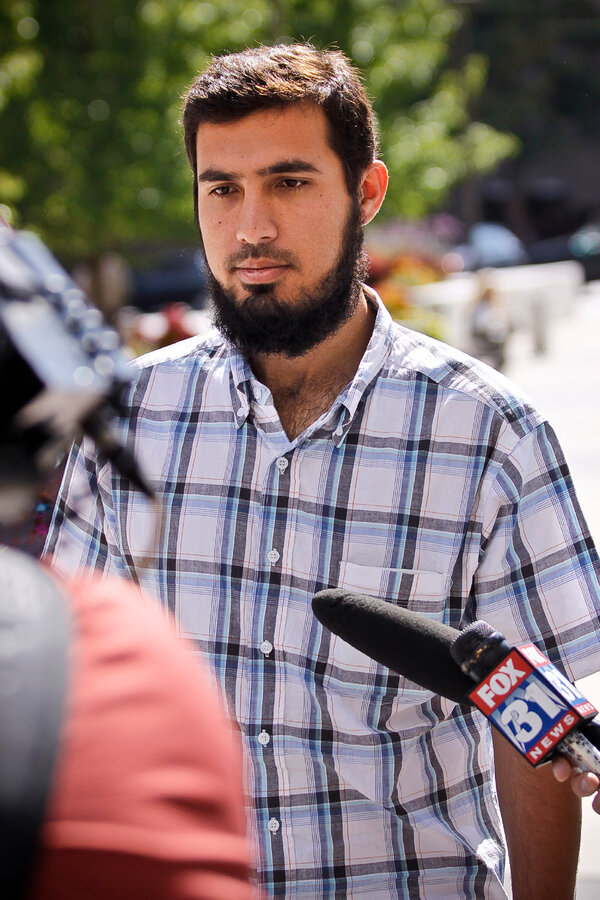Najibullah Zazi, once central to a foiled subway bombing in New York, is now back in prison for sending money to those he helped convict. After testifying against his co-conspirators, he faces renewed legal trouble for supporting them financially while they serve their sentences.
Najibullah Zazi Is Imprisoned Again After Donating to Co-Conspirators

Key Takeaways:
- Najibullah Zazi was involved in a plot to bomb the New York City subway.
- He testified against his co-conspirators and cooperated with authorities.
- He is now back in prison for depositing money into his former partners’ prison accounts.
- His re-incarceration highlights the strict legal framework around terror-related convictions.
- This case underscores continued vigilance in terrorism cases.
Background
Najibullah Zazi first gained attention for his involvement in an attempted bombing of the New York City subway system. According to official records, he and two friends planned an attack that, had it been successful, could have targeted one of the busiest transit networks in America.
Cooperation with Prosecutors
After his arrest, Zazi cooperated with authorities by testifying against his co-conspirators. His cooperation played a pivotal role in uncovering the details of the planned attack and in securing convictions for the other participants. His willingness to provide testimony was considered vital in the prosecution’s case against the would-be bombers.
Why He’s Back in Prison
Despite his past assistance to the government, Zazi has now been re-imprisoned. The reason is both simple and serious: he placed money into the prison accounts of some of the very men he once helped convict. This action raised alarms among officials who monitor financial transactions linked to individuals convicted of terrorism-related crimes.
Legal and Security Considerations
Zazi’s return to prison underscores the ongoing complexities of dealing with terror-related offenders who have cooperated with law enforcement. Although his initial testimony aided federal authorities, the fact that he later provided support to his co-conspirators suggests that oversight and monitoring remain critical components of national security efforts.
Implications
The case highlights the tight restrictions that surround convicted terrorists, even if they have cooperated. Any sign of continued contact—especially financial support—can lead to swift legal consequences. For Zazi, this means facing the courts again and returning to the confines of a prison cell, reinforcing the strict rules put in place after the thwarted plot against New York City’s subway system.











